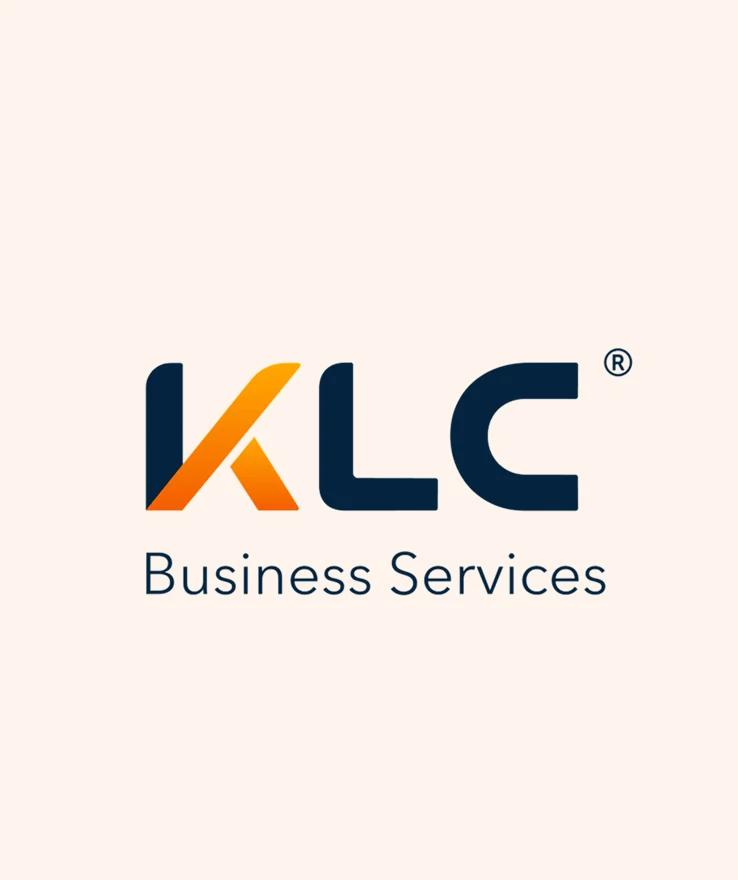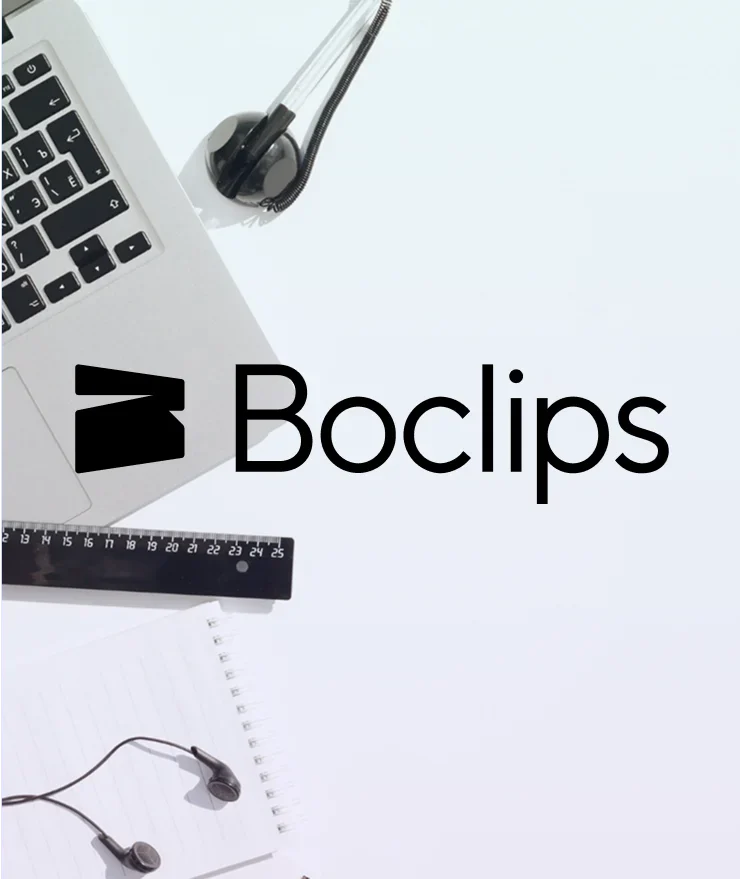Empowering Your Digital Transformation with Comprehensive Solutions

Your Strategic Partner in Digital Transformation
ATAYA Content Ops LLC empowers businesses with AI-driven digital transformation solutions. We assist enterprises, small and medium-sized businesses, and government organizations in optimizing content operations, automating cloud workflows, and enhancing digital marketing strategies to drive efficiency and growth.
Our AI-powered automation and cloud-based solutions ensure scalability, accuracy, and seamless integration across industries—from manufacturing and healthcare to technology and law. We don’t just manage content; we streamline operations, enhance engagement, and fuel business success through intelligent automation and strategic digital solutions.
Unlock the Future of Digital Transformation with ATAYA Content Ops.

What We Do
Content Operations & Digital Asset Management
- Efficient Content Workflows: End-to-end automation and optimization to maximize productivity and reduce operational bottlenecks.
- Advanced Content Production: High-quality video editing, AI-enhanced metadata tagging, and rigorous quality control for precise content management.
- Seamless Platform Integration: Intelligent CMS & DAM automation for enhanced accessibility, organization, and efficiency.
Cloud & AI-Driven Workflow Enhancements
- Cloud Solutions: Secure cloud migration and infrastructure automation for enhanced business resilience and operational scalability.
- AI-Optimized Content Processing: Advanced AI tools for smart content categorization, enriched metadata, and automated compliance checks.
- Enterprise Process Optimization: Intelligent CRM & ERP automation to eliminate inefficiencies, reduce costs, and accelerate business growth.
Digital Marketing & Brand Development
- AI-Driven Digital Growth: Social media marketing, content automation, and targeted outreach powered by AI insights.
- Strategic Brand Positioning: Performance-driven website design, SEO-optimized content, and conversion-focused marketing strategies.
- Global Engagement Solutions: Multilingual content localization and culturally adaptive marketing for international reach and resonance.
Case Studies
Discover how ATAYA Content Ops delivers measurable results. Our case studies showcase solutions that drive efficiency, scalability, and growth.
Our Partners in Success





Your Partner in AI, Cloud Automation, and Digital Growth
End-to-End Digital Transformation
We go beyond content management—empowering businesses with AI-driven automation, cloud-based solutions, and strategic digital marketing to optimize workflows and enhance scalability.
AI-Driven Efficiency
& Automation
Our advanced AI solutions streamline content operations, automate metadata tagging, and enhance digital asset management for seamless content delivery and engagement.
Tailored Digital
Strategies for Growth
We craft personalized solutions, from content localization to e-commerce optimization, ensuring businesses maximize their digital impact across industries.
Global Reach with
Localized Precision
With expertise in markets across MENA, the US, and Europe, we help businesses scale while ensuring region-specific strategies that resonate with local audiences.
Our Experts

Mohammad Ataya
Mohammad Ataya, the visionary behind ATAYA Content Ops, is a distinguished expert in content operations and digital transformation. As the founder, he leverages profound expertise in managing sophisticated content systems, optimizing workflows, and forging strategic partnerships. His leadership is pivotal in providing tailored content solutions that enhance operational efficiency and engagement for a diverse global clientele.
Stay Ahead with Industry Insights
Stay informed on digital transformation, AI automation, and content operations. Gain practical insights to optimize workflows, scale operations, and drive business growth.
Frequently Asked Questions
Explore our FAQs for answers to common inquiries.
1What does Ataya Content Ops do?
2Who can benefit from ATAYA Content Ops' services?
3What are content operations, and why are they important?
4What are the key components of content operations?
5How does AI improve content operations?
6What industries benefit from content operations?
7What is the difference between content operations and content marketing?
Content operations focus on the backend processes (workflow, management, automation), while content marketing focuses on strategy, distribution, and engagement.
8What is content localisation, and why is it important?
Content localisation adapts digital content (text, images, videos, UI elements) for different cultural and linguistic audiences, ensuring relevance and engagement in global markets.
9What is the difference between translation and localisation?
Translation focuses on converting text from one language to another, while localisation adapts content culturally, linguistically, and contextually for specific markets.
10How does AI-powered content localisation work?
AI-driven localisation uses machine translation, natural language processing (NLP), and automation to enhance speed, accuracy, and scalability.
11Should businesses use AI translation or human translation?
A hybrid approach—using AI for efficiency and human translators for contextual accuracy—is the best strategy for high-quality content localisation.
12How does localisation impact SEO and search rankings?
Localisation improves multilingual SEO by optimising keywords, metadata, and structured data for each market, ensuring better search visibility.
13What is content workflow automation?
Workflow automation removes manual processes from content management, allowing businesses to scale production, approvals, and publishing efficiently.
14What is digital asset management (DAM), and why is it important?
A DAM system centralises, organises, and distributes digital content (images, videos, documents), improving efficiency and brand consistency.
15How can metadata management improve content discoverability?
Well-structured metadata enhances searchability, categorisation, and indexing across digital platforms, search engines, and content repositories.
16What are the challenges of managing large-scale content operations?
Common challenges include content silos, inefficient workflows, inconsistent branding, localisation complexities, and slow approval processes.
17How can companies optimise their content supply chain?
Implementing AI-driven automation, streamlined workflows, cloud-based content tools, and centralised management helps improve efficiency and reduce costs.
18How does structured content help with SEO?
Structured content uses schema markup, metadata, and modular content blocks, making it easier for search engines to index and rank pages effectively.
19What are the best practices for multilingual content SEO?
Best practices include optimising local keywords, using hreflang tags, localising metadata, and adapting content for cultural preferences.
20What is content repurposing, and why is it beneficial?
Content repurposing involves adapting content into different formats (blogs, videos, infographics) to maximise reach, engagement, and SEO impact.
21How do businesses choose the right content management system (CMS)?
The right CMS should offer scalability, multilingual support, automation capabilities, SEO optimisation, and seamless integration with existing workflows.
22How can companies measure the success of content operations?
Key performance indicators (KPIs) include content efficiency, engagement metrics, workflow speed, localisation accuracy, and return on investment (ROI).





